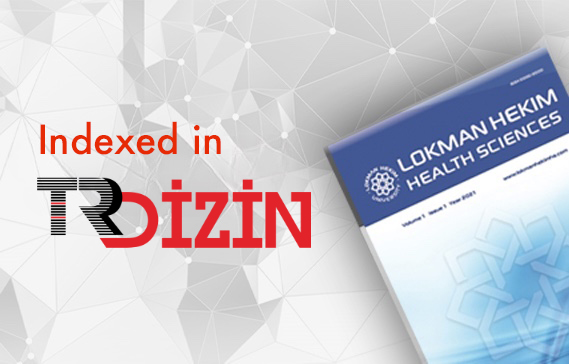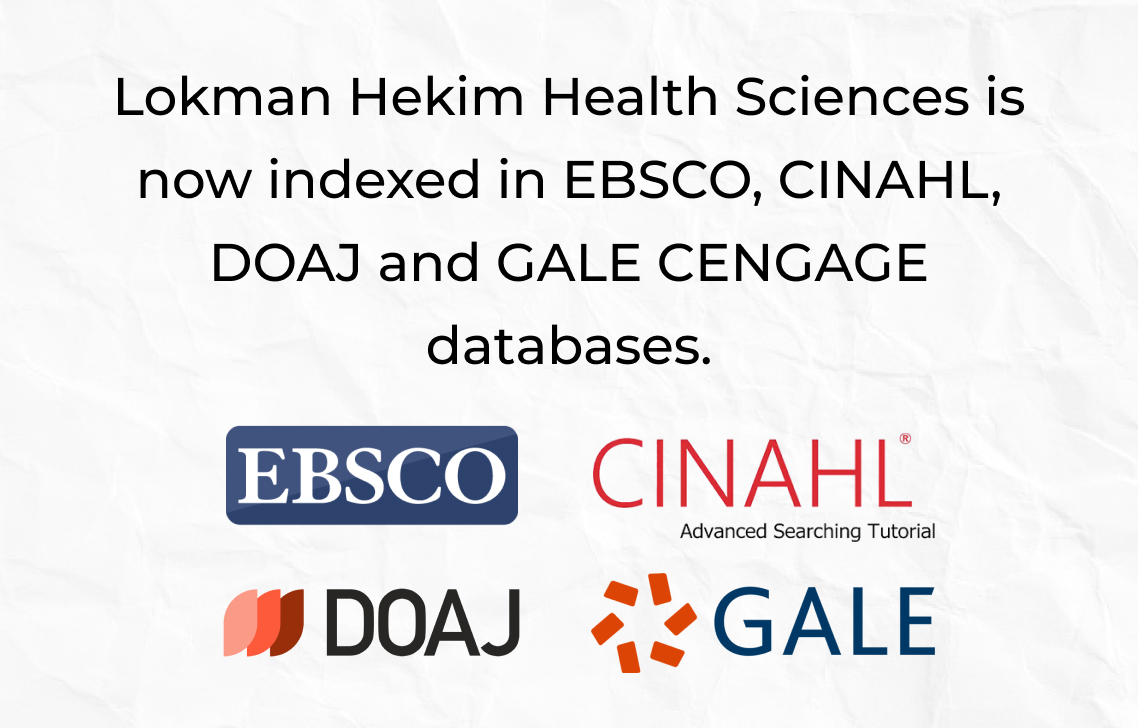Abstract
Synovial fluid (SF) is a difficult biological matrix to analyze because of its viscosity nature. This can lead to poor repeatability of tests and misinterpretation of results. Our study assessed the impact of SF treatment by hyaluronidase (HAse) to improve biochemical assays on Roche Cobas platforms included C-reactive protein (CRP), glucose (GLU), lactate dehydrogenase (LDH), lipase (LIP), rheumatoid factor (RF), total protein (TP), and uric acid (URIC). A string test was used to evaluate the level of viscosity. Normal SF will form a string of approximately 5 cm long before breaking. For the samples treated with HAse, the string test showed a total disappearance of viscosity. No significant interference was observed with the parameters investigated. The average percent recovery was within predefined acceptable limits (less than±10% from the calculated ideal recovery). The intra-assay precisions determined in a single run (n=10), that is, 1.7% (CRP), 0.6% (GLU), 0.4% (LDH), 1.1% (LIP), 4.0% (RF), 1.2% (TP), and 0.8% (URIC) were close to the data established using Roche for serum and quality control matrix. Hyaluronidase treatment could be recommended for SF biochemical analysis to enhance the quality results.






 Claudio Ilardo1
Claudio Ilardo1 









